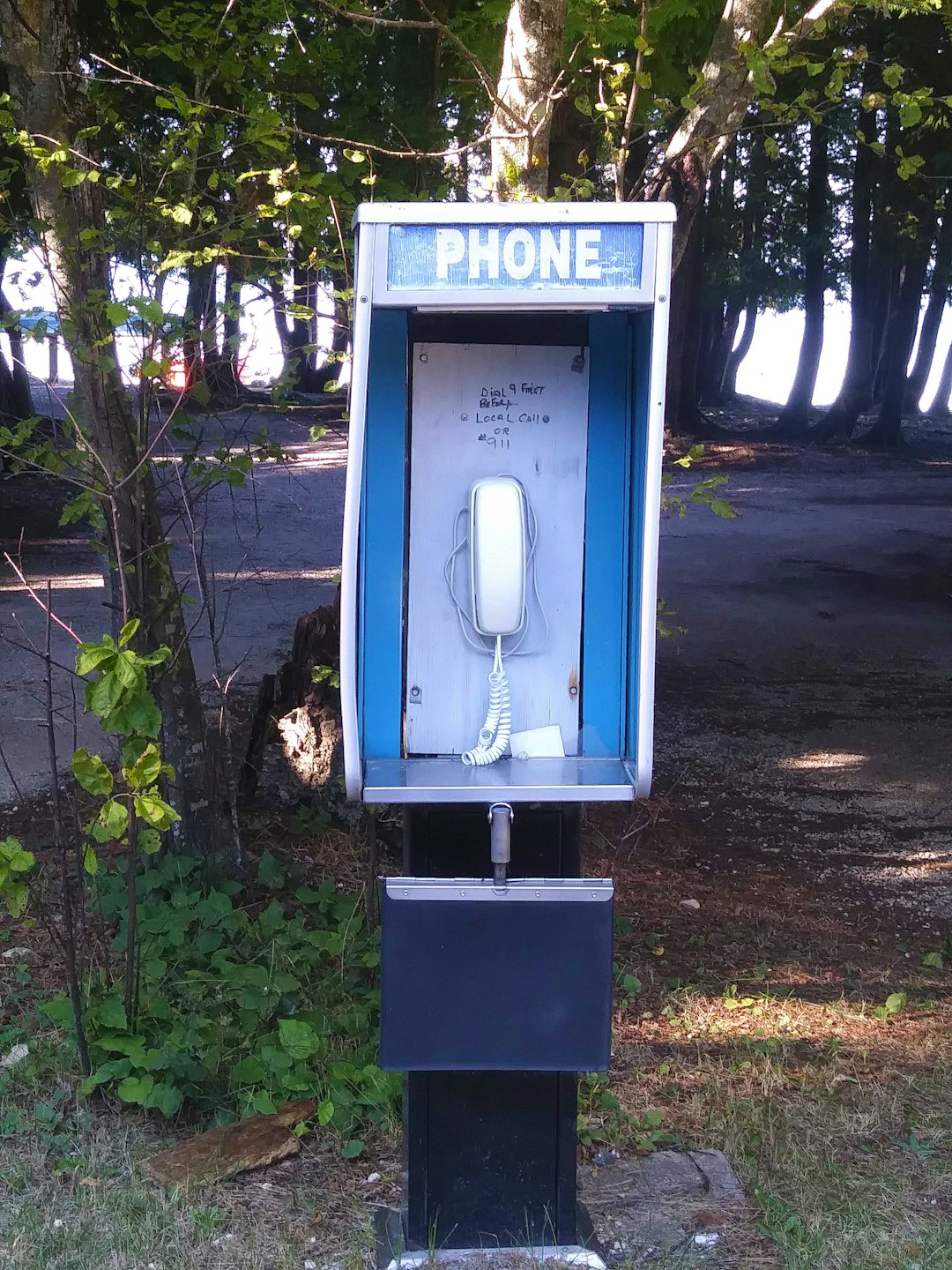Maine has strict spam texts laws to protect residents from unsolicited promotional messages on their mobile devices. Businesses need explicit consent before sending such texts, and users can opt-out. Violations result in penalties, emphasizing the state's commitment to digital privacy. If received, document incidents, report them to the Maine Attorney General, file complaints, or seek legal action against spammers.
In Maine, receiving unsolicited spam texts is not only an annoyance but may also be illegal. Understanding the state’s strict spam text laws is crucial for consumers to protect their rights and seek compensation. This article guides you through the process, highlighting your legal recourse, explaining your rights, and providing effective steps to claim the compensation you deserve for intrusive spam messages in Maine.
Understanding Spam Text Laws in Maine

In Maine, the fight against unwanted spam texts is regulated by state laws designed to protect consumers from nuisance messaging. These laws are in place to ensure that individuals can enjoy peace of mind when it comes to their mobile devices, free from unsolicited and potentially harmful text messages.
The spam texts Laws in Maine are comprehensive, outlining strict guidelines for businesses and marketers. It is illegal to send any form of advertising or promotional material via text message without prior consent from the recipient. Consumers have the right to opt-out of such communications at any time, and failure to adhere to these rules can result in significant penalties for offenders.
Your Rights and Legal Recourse for Spam Texts

In Maine, as in many states across the nation, there are strict laws in place to protect consumers from unwanted and unsolicited spam texts. These laws empower individuals to seek compensation if they have received such messages. According to the Maine Revised Statutes, telemarketers and senders of spam texts must comply with certain regulations, including obtaining explicit consent before sending any promotional or advertising materials via text message.
If you’ve been a victim of spam texts, you have legal recourse. You can file a complaint with the Maine Attorney General’s Office, which has authority to investigate and take action against violators. Furthermore, many states allow individuals to sue for damages caused by spam texts, seeking compensation for invasion of privacy, emotional distress, or any financial loss incurred as a result of receiving these unwanted messages.
Effective Steps to Seek Compensation in Maine

If you’ve received unwanted spam texts in Maine, there are effective steps you can take to seek compensation and hold perpetrators accountable under Maine’s spam laws. First, document every instance by saving the text messages, including dates, times, and sender details. This evidence is crucial for your case.
Next, contact the Maine Attorney General’s Office to report the spam activity. They have resources dedicated to investigating and addressing consumer complaints related to spam texts. The office can guide you on the next steps, which may include filing a formal complaint or pursuing legal action against the spammers. Additionally, consider reaching out to your local law enforcement agency, as they can assist in tracking down and prosecuting those responsible for unsolicited text messages.






